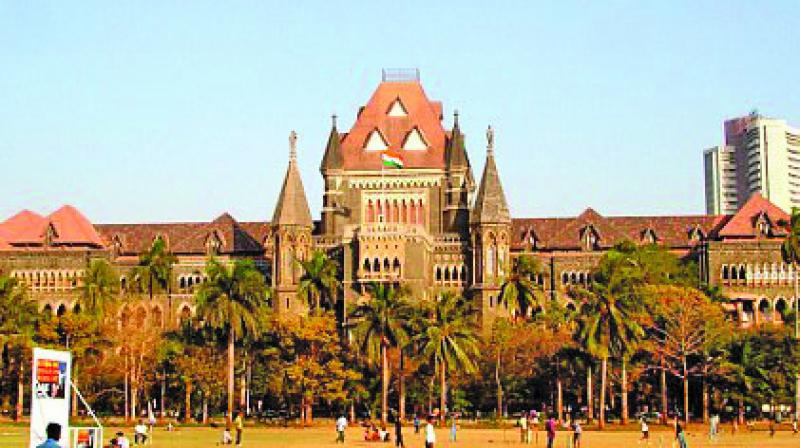
Directors Remain Personally Liable for Cheque Bounce Cases Despite IBC Debt Settlement
Court clarifies that insolvency resolution does not erase directors’ criminal liability under the Negotiable Instruments Act (NI Act), 1881. The ruling strengthens accountability of company officers in financial defaults.
By Our Legal Reporter
New Delhi: November 07, 2025
In a significant judgment, the Bombay High Court ruled that company directors remain personally liable under Section 138 of the NI Act for cheque bounce offences, even if the company’s debts have been settled under the Insolvency and Bankruptcy Code (IBC), 2016. The Court clarified that insolvency resolution does not shield directors from criminal prosecution.
Also Read: How Indians Can Start a Company in the USA: Step-by-Step Guide
Background of the Case
- Directors of a company faced prosecution under Section 138 NI Act for cheque dishonour.
- The company had completed insolvency proceedings under IBC and settled its debts.
- Directors argued that since the company’s liabilities were resolved, they should be exempt from prosecution.
- The Court examined whether IBC proceedings override criminal liability under the NI Act.
Court’s Observations
- IBC vs NI Act: IBC deals with insolvency and restructuring, while the NI Act deals with criminal liability for cheque dishonour.
- Directors’ Liability: Settlement of company debts under IBC does not erase directors’ personal accountability.
- Public Confidence: Allowing directors to escape liability would harm trust in financial systems.
- Criminal Proceedings Continue: Even after IBC settlement, prosecution under Section 138 NI Act must continue.
The Court emphasized that insolvency cannot be used as a shield against criminal accountability.
Legal Principle Reinforced
- Civil Liability: Resolved under IBC when debts are restructured or written off.
- Criminal Liability: Arises under NI Act for cheque dishonour; remains personal and independent.
This ensures directors cannot hide behind corporate insolvency to escape responsibility for financial defaults.
Impact of the Ruling
- For Directors: Must exercise caution when issuing cheques; personal liability remains.
- For Creditors: Assurance that directors cannot evade liability through insolvency proceedings.
- For Companies: Reinforces financial discipline and governance standards.
Case Outcome: The Bombay High Court dismissed the plea to quash proceedings, holding that criminal liability under Section 138 continues independently of insolvency resolution.
Broader Legal Context
The ruling aligns with the Supreme Court’s earlier position that IBC proceedings do not erase criminal liability. It strengthens enforcement of Section 138 NI Act and ensures consistency in corporate and criminal law.
Reactions from Legal Experts
- Corporate Lawyers: Said the ruling closes a loophole directors might exploit.
- Banking Experts: Believed it strengthens confidence in cheque-based transactions.
- Human Rights Advocates: Noted balance between accountability and over-criminalization.
Importance of the Ruling
- Strengthens accountability of directors.
- Protects creditor rights and reinforces trust in financial systems.
- Promotes responsible governance and cheque compliance.
Conclusion
The Bombay High Court’s judgment firmly establishes that directors remain personally liable under the NI Act even after IBC settlement. By distinguishing between civil and criminal liability, the Court has reinforced accountability, protected creditors, and upheld financial integrity.
Keywords for SEO: Bombay High Court NI Act ruling, directors liability cheque bounce, IBC vs NI Act India, Section 138 cheque dishonour, directors accountability insolvency law, Bombay HC judgment 2025.
Also Read: Supreme Court Orders Full Disclosure of Convictions: Non-Disclosure Will Lead to Disqualification
Also Read: CJI Gavai Rebukes Government Over Tribunal Reforms Act Adjournment Plea